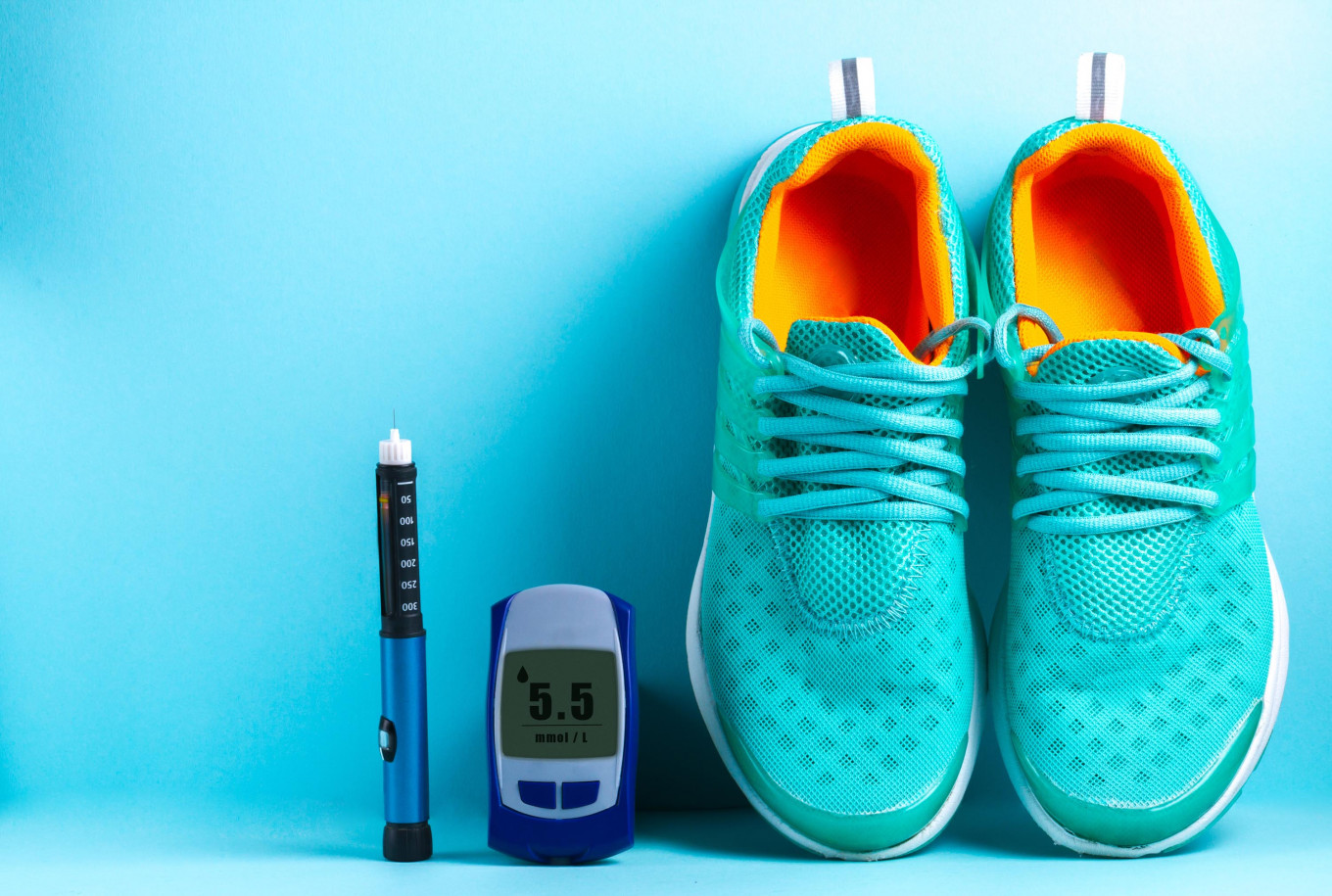Popular Reads
Top Results
Can't find what you're looking for?
View all search resultsPopular Reads
Top Results
Can't find what you're looking for?
View all search results[INSIGHT] COVID-19 and obesity: Intertwined pandemics
Many of us have lost family members, friends or colleagues to the disease over the last few months and an alarming number of them had comorbidities, particularly obesity.
Change text size
Gift Premium Articles
to Anyone
T
he COVID-19 pandemic is becoming increasingly personal. Many of us have seen people that we know or are close to suffer from or even die of COVID-19 or related complications. Many of us have lost family members, friends or colleagues to the disease over the last few months and an alarming number of them had comorbidities, particularly obesity.
Indeed, obesity and COVID-19 are twin pandemics and are exacerbating each other. The COVID‐19 pandemic is occurring as obesity is sharply increasing in almost all countries around the globe, including Indonesia. In fact, in most countries, more than 20 percent of people are overweight or obese. Currently, we cannot mention a single country in the world that has been able to overcome an overweight-obesity epidemic.
Weight and height can be used to calculate a number called the body mass index (BMI). For most people, BMI is a good estimate of whether one is overweight or obese. A BMI of 25 to 29.9 is considered overweight, and a BMI of 30 or higher is categorized as obese. Weight epidemics have increased significantly over the last three decades both in the developed and developing worlds, including Indonesia.
This phenomenon inspired Barry Popkin, a prominent nutrition epidemiologist, to publish an important article called "The World is Fat", which appeared a few years ago in Scientific American Magazine and coined the word "globesity".
The Indonesian Health Ministry’s 2018 Basic Health Survey (Riskedas), the first update since the 2013 survey, sends a clear message that obesity is increasing in the archipelago. The survey shows that adult obesity doubled in 10 years, affecting about one fifth of the population over the age of 18.
The increasing prevalence of obesity, which makes people prone to chronic diseases, has become a triple burden for a country that is still battling various infectious diseases and emerging or reemerging diseases. If the government and communities do not immediately create comprehensive programs to strengthen people’s awareness of healthy lifestyles and their skills to live them, the country may suffer from greater health risks and costs now and in the future, which is also bad news for the struggling national health insurance program.
Several studies, including a recent systematic review led by Popkin, explain several ways that COVID-19 affects people with obesity more severely. First, obesity may weaken one’s immune response to SARS‐CoV‐2, the virus that causes COVID-19, because obesity has disturbing effects on key immune cell populations that are essential in the body’s response to the virus. An imbalance or disturbance in these cell subsets or functions is highly likely to hinder the immune response to the virus. Moreover, enhanced anti-inflammatory cells may weaken the body’s capability to combat the infection, as inflammatory responses play key roles in controlling the spread of viruses.

















